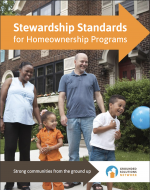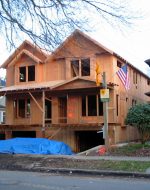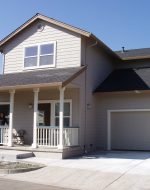Ensuring ongoing affordability of homeownership units is more challenging than rentals and requires attention to a wider range of issues.
Grounded Solutions Network led a yearlong process that engaged dozens of practitioners and several national homeownership organizations to create the Stewardship Standards* for Homeownership Programs that seek to preserve long-term affordability. The standards include more than 41 independent program elements and policies that participants believed were essential for successfully preserving long-term affordability. The standards also include resources, such as sample documents and templates to facilitate the adoption of best practices.
Ownership units require more active involvement, and property management companies do not offer the needed expertise for these activities. As a result, most cities with portfolios of inclusionary homeownership units have significant staffing dedicated to managing and monitoring those units.
Staffing Levels
NeighborWorks America and NCB Capital Impact reviewed the staffing levels among a wide range of affordable homeownership programs with long-term restrictions including many inclusionary housing programs.
They found that staffing levels varied significantly with small programs managing fewer than 100 units per employee and some larger programs overseeing 500 or more units per employee. Their report concluded that, “It seems prudent to plan on staffing at the level of one full-time staff person (or equivalent) focused exclusively on post-purchase monitoring and resale administration for every 150 to 300 affordable homeownership units”.*
Third Party Administrators
Many cities have turned to third-party administrators to assist with the tasks of monitoring and enforcing deed restrictions on homeownership units. These third-party partners are most often Community Land Trusts or other nonprofit organizations, but a number of private firms provide administrative services to dozens of local jurisdictions in New Jersey, for example.
Stewardship Matters
Effective stewardship of affordable ownership units makes a big difference. The ongoing stewardship services provided by many shared equity programs (especially CLTs) have been shown to effectively preserve affordability over resales and to enable accessibility and sustainability of homeownership for lower-income residents.* National studies of CLTs found that lower-income owners of CLT homes were much less likely to be seriously delinquent or in foreclosure than conventional homeowners across all income levels.*
Recently, the availability of HomeKeeper, a Salesforce-based software tool developed by Grounded Solutions Network to help manage resale restricted homeownership units, has helped improve efficiency of both program implementation and portfolio management.













